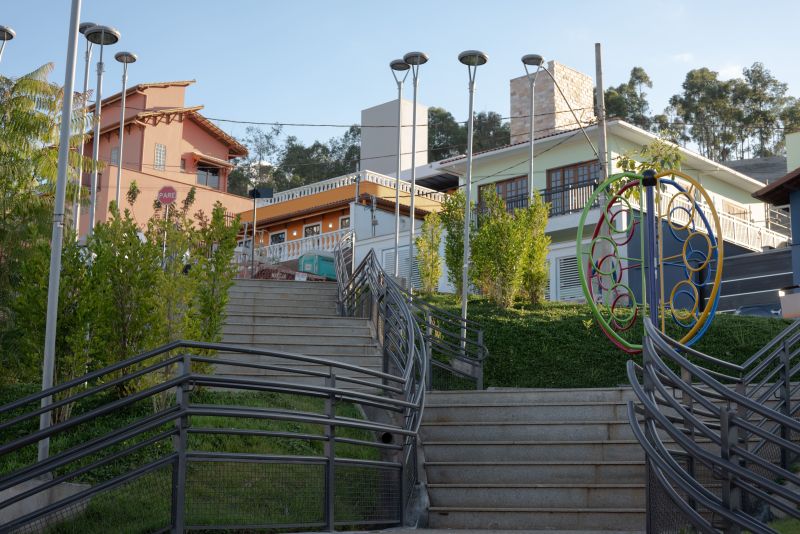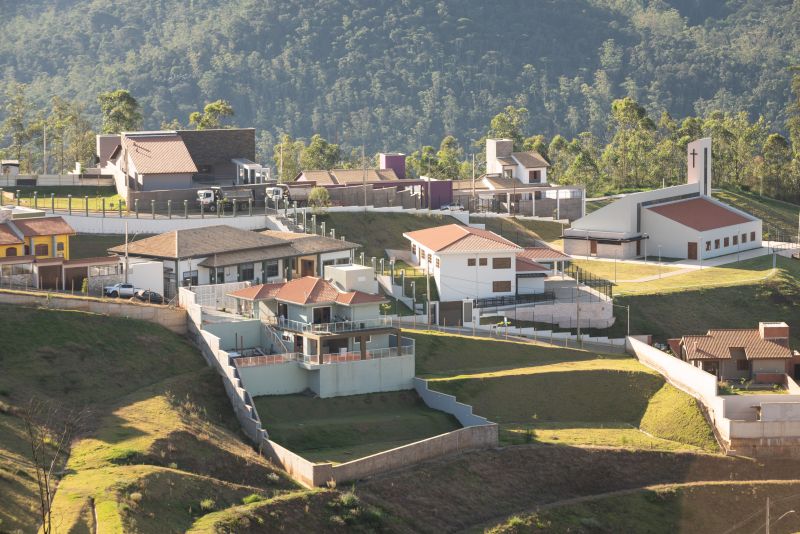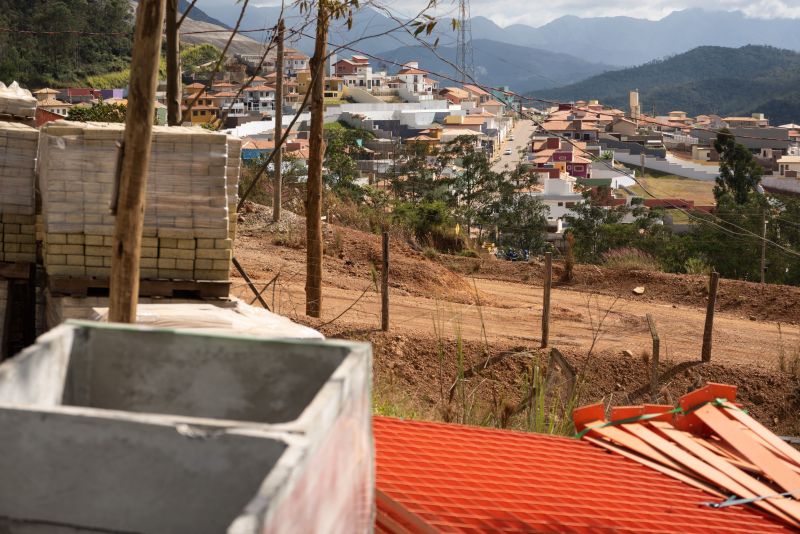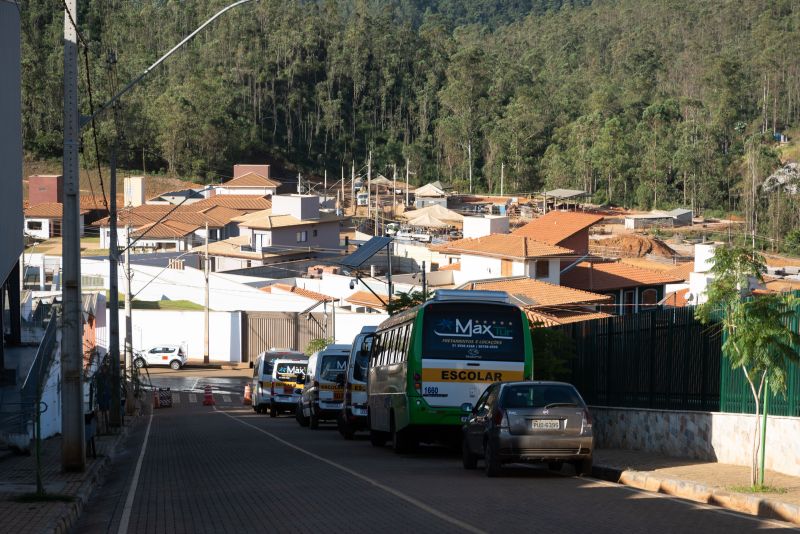The resettlement of Paracatu de Baixo, a small community in Brazil’s Minas Gerais state, stands as a striking case study at the intersection of environmental justice, social upheaval, and global activism. Following the catastrophic collapse of a tailings dam in 2019, which unleashed a torrent of pollution and devastation, the residents faced the harrowing prospect of relocating.
Yet, this was not merely a local affair; it rippled across borders, prompting diverse international reactions from governments, NGOs, and human rights groups. Some expressed deep concern over the welfare of the displaced families, advocating for robust compensation and sustainable resettlement plans.
Others viewed the disaster as emblematic of broader systemic failures in regulatory oversight and corporate accountability, igniting debates in international forums and galvanizing calls for stricter environmental protections. The story of Paracatu de Baixo is not just one of loss; it is a canvas illustrating the complexities of community resilience amid adversity, urging a reevaluation of the global relationship with resource extraction and indigenous rights.
International Human Rights Concerns

The Paracatu de Baixo resettlement has ignited significant international human rights concerns, drawing the attention of global watchdogs and activist organizations alike. Reports emerged detailing the abrupt displacement of communities, many of whom have lived in the region for generations.
Families found themselves facing not just the loss of their homes, but also the disruption of social ties and cultural heritage. Activists argue that the resettlement process has lacked transparency and proper consultation, sparking calls for accountability from the responsible authorities.
Human rights experts have voiced alarm over potential violations, including inadequate compensation and insufficient access to essential resources in the new locations. As international pressure mounts, the implications of this resettlement extend far beyond local borders, raising profound questions about the balance between economic development and the safeguarding of human rights in vulnerable communities.
Environmental Implications

The resettlement of Paracatu de Baixo has raised significant environmental concerns, igniting fierce debate among local communities and international observers alike. Deforestation linked to mining operations and the displacement of entire ecosystems pose grave threats to biodiversity in the region.
The alteration of land use not only disrupts the habitats of countless species but also affects water quality in the nearby Rio Doce, a vital natural resource for both the environment and surrounding populations. Compounded by concerns about increased particulate matter and pollutants released during mining activities, the long-term implications for air and water safety cannot be understated.
Critics argue that the environmental assessments conducted prior to resettlement overlooked critical ecological factors, fostering skepticism over corporate responsibility and regulatory oversight. With local flora and fauna already under pressure, the international community watches closely, questioning whether the economic benefits of mining truly outweigh the ecological costs.
Responses from NGOs and Advocacy Groups

In the wake of the Paracatu de Baixo resettlement, numerous NGOs and advocacy groups have rallied together, raising their voices against the perceived injustices faced by the displaced community. Organizations like the Brazilian Institute for Social and Economic Analysis and International Rivers have denounced the governments handling of the situation, arguing that the resettlement process has lacked transparency and adequate consultation.
Many groups have documented instances of insufficient compensation and the dislocation of families from their ancestral lands, framing these actions as a violation of both human rights and environmental preservation principles. Activists have organized protests and awareness campaigns, emphasizing the urgent need for sustainable practices and genuine dialogue with the affected populations.
As international observers scrutinize Brazil’s approach, these organizations play a critical role, not only advocating for legal recourse and restorative justice but also shedding light on the ongoing plight of those whose lives have been irrevocably altered.
Conclusion
In conclusion, the international reactions to the resettlement of Paracatu de Baixo underscore the profound implications of corporate responsibility and governmental oversight in the wake of environmental catastrophes. The resettlement, necessitated by the catastrophic dam failure, reflects a broader narrative shaped by previous incidents such as the Bento Rodrigues disaster, wherein communities faced similar existential challenges and endured significant loss. As global attention focuses on the plight of displaced communities, the need for robust and sustainable solutions becomes increasingly evident.
Nations and organizations worldwide must prioritize the implementation of stricter regulations, enhanced monitoring systems, and effective community engagement strategies to prevent such tragedies from recurring, ensuring that the voices of affected individuals are heard and respected in the decision-making processes that shape their futures. Ultimately, the Paracatu de Baixo case serves as a critical reminder of the ongoing need for accountability, justice, and resilience in the face of environmental crises.


